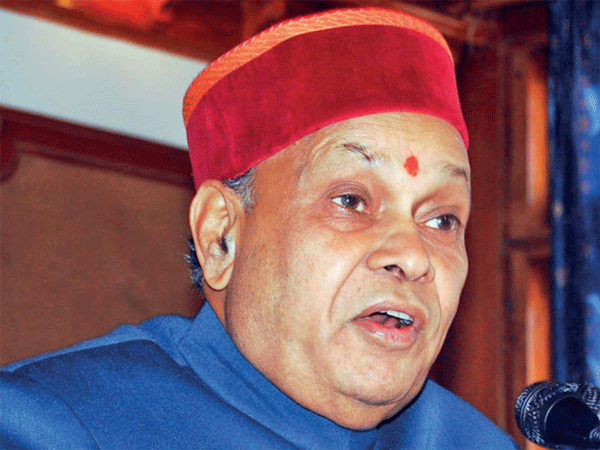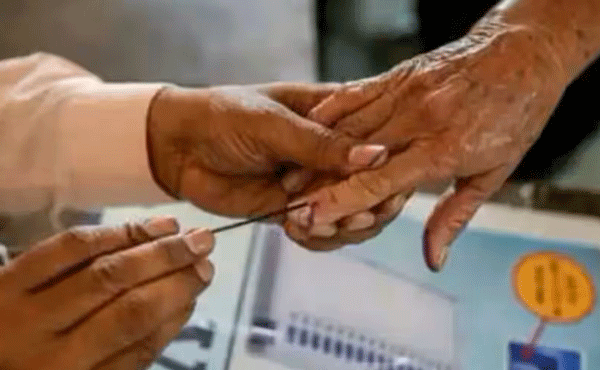
Photo used for indicative purpose only. Source internet
Mother is natural guardian after father: Himachal Pradesh High Court
Shimla, June 2
In a significant ruling, the High Court of Himachal Pradesh has held that the mother is the natural guardian of minor children after the father. Justice Vivek Singh Thakur passed this order in response to a petition filed against a previous order by the Sub-Divisional Magistrate (SDM) of Nalagarh. The SDM had directed the grandparents to hand over the custody of the minor children to the mother.
The case involved Priti Devi, the respondent, who was married to Amar Singh from village Bahlam in Tehsil Ramshehar, District Solan. Due to ongoing conflicts between Priti Devi, her husband, and other family members, she and Amar Singh had been living separately in Nalagarh along with their two minor sons.
On July 17, 2022, Amar Singh tragically committed suicide and was declared dead at a hospital in Nalagarh. Priti Devi had taken him to the hospital with the assistance of the local police. Following this, Darshan Singh, Amar Singh’s father, filed a First Information Report (FIR) against Priti Devi, alleging that she subjected his son to cruelty that led to his suicide. Consequently, on July 18, 2022, Priti Devi was arrested and later released on bail on July 27, 2022. During this period, the children stayed with their grandparents.
Also Read:HP HC restrains NHAI from evicting petitioners without due process of law”
After her release on bail, Priti Devi filed an application with the SDM Court in Nalagarh seeking custody of her children. On November 23, 2022, the SDM directed the grandparents to hand over the custody of the minor children to Priti Devi.
Disagreeing with the SDM’s order, the grandparents approached the High Court. Their counsel argued that Priti Devi had a strained relationship with her husband and abetted him in committing suicide. They claimed that the children’s lives would be at risk in her care. Additionally, they contended that Priti Devi lacked the means to look after and raise the children, while the grandfather, an ex-serviceman, possessed sufficient property, making it in the children’s best interest to remain with their grandparents.
On the other hand, the respondent’s counsel countered that if Priti Devi were an abettor in her husband’s suicide, she would not have informed the police or taken him to the hospital.
After carefully considering the arguments and examining the case records, the Court noted that the allegation of Priti Devi’s involvement in her husband’s suicide was yet to be proven. Furthermore, she had not been declared incompetent or disqualified from having custody of her minor children. Thus, the Court held that, following the father’s death, the mother automatically becomes the next person in line to have guardianship and custody of the children. However, the Court emphasized that the mother’s right to custody is not absolute but subject to the welfare of the children. If in appropriate proceedings she is found to be unfit or disqualified to have custody or unable to ensure the welfare of the children, she would lose her right to continue their custody. In such circumstances, custody and guardianship of the children would be reassessed.
During the proceedings, the Court also observed that the record of the magistrate’s court had not been maintained properly. The lack of a separate order sheet indicating the dates of the orders passed by the magistrate was noted and criticized. The Court deemed this practice of record keeping unacceptable and called for improvements.

The HimachalScape Bureau comprises seasoned journalists from Himachal Pradesh with over 25 years of experience in leading media conglomerates such as The Times of India and United News of India. Known for their in-depth regional insights, the team brings credible, research-driven, and balanced reportage on Himachal’s socio-political and developmental landscape.











